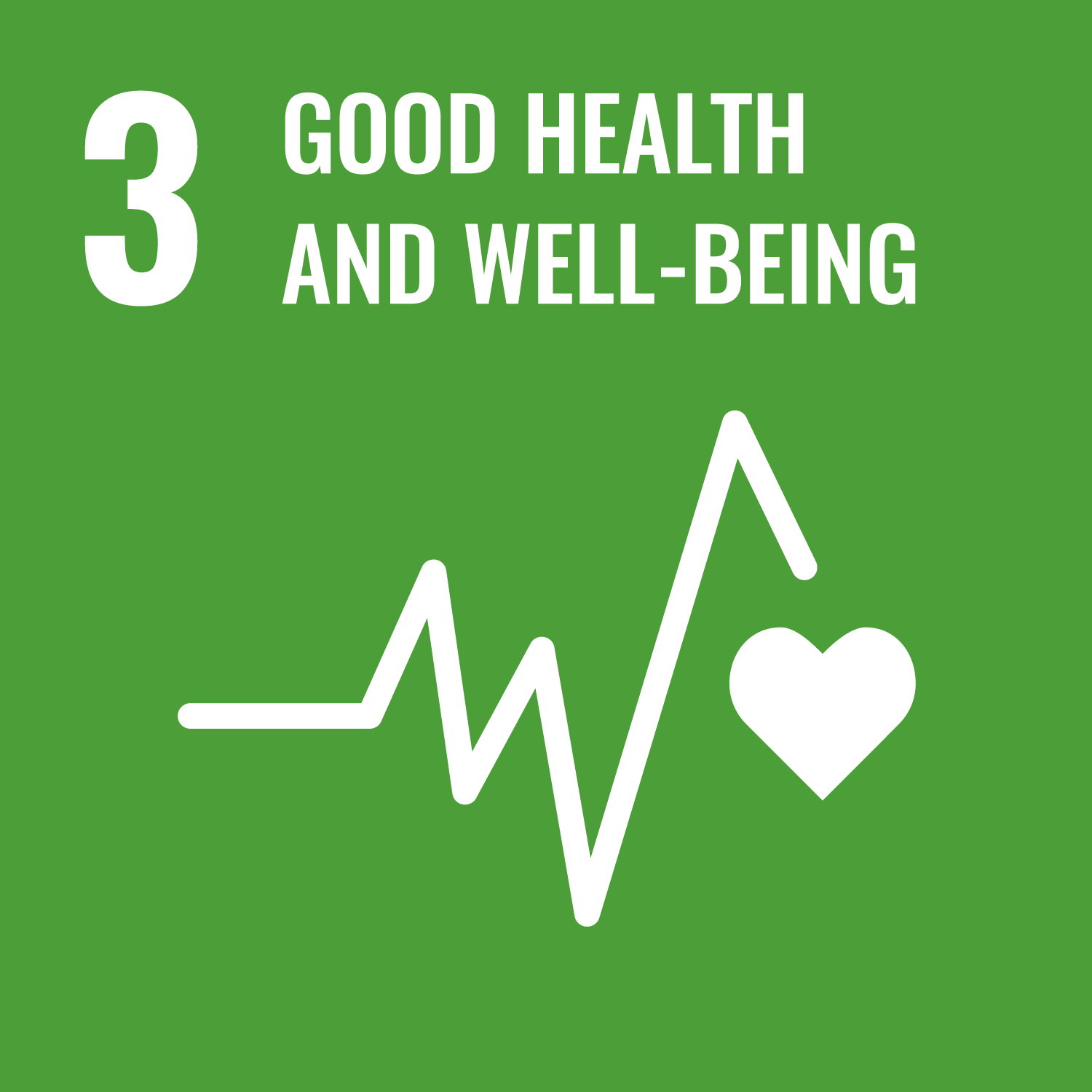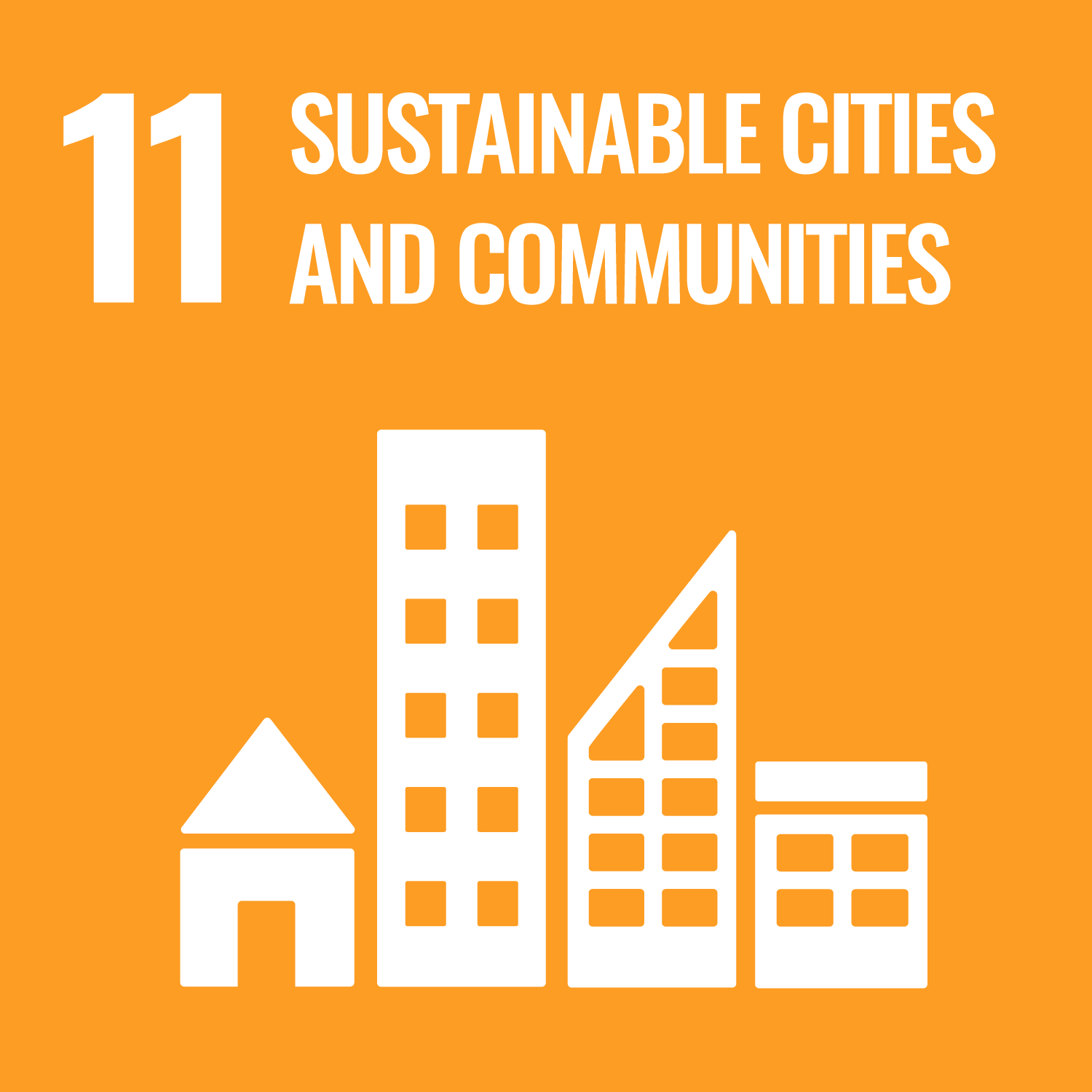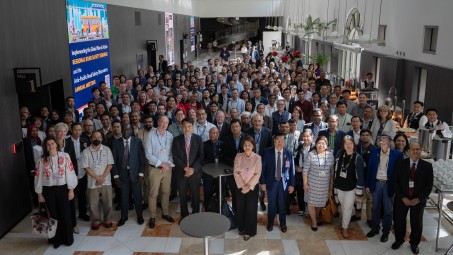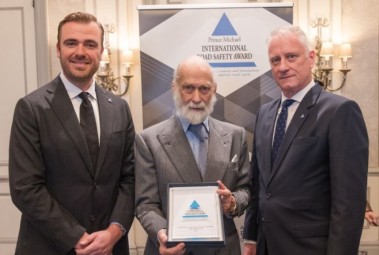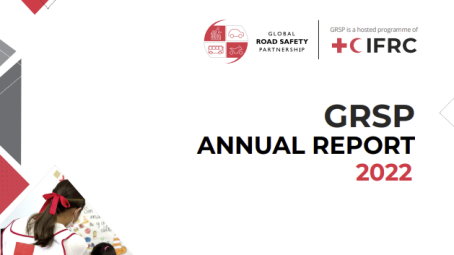“Until When” – the Arab world marks its traffic week
From Yemen and the UAE to Lebanon and Tunisia, Arab Traffic Week was celebrated throughout the MENA region starting 4 May to 10, 2012. This year’s slogan, “Until When”, reflected the commitment of Arab leaders to improve road safety throughout a region that continues to suffer dramatic consequences on the roads, despite concerted efforts.
Arab Traffic Week is one of the most important events held by traffic departments in Arab countries. It was initiated in 2000 by the Arab Interior Ministers Council (AIMC) and has since become an annual tradition.
Marking the event this year, Mohamed bin Ali Koman, Secretary General of the Arab Interior Ministers Council, noted that 80 per cent of crashes are caused by human beings. “The World Health Organization has warned that if things continue like this in the Arab region, there is no doubt that by 2020, deaths and injuries will increase by 60 per cent” he warned.
Throughout MENA, a wide range of activities were held by various traffic authorities and other stakeholders including meetings, seminars, lectures in schools and universities, field visits, all in an concerted effort to raise awareness road safety. A special focus was put on delivering useful information to young and vulnerable road users.
In Yemen, for example, a documentary on speeding was aired in various regions aiming to educate citizens on traffic laws. Traffic awareness exhibitions were also held, showing photos of road crashes and explaining their impact. This was also the focus of Saudi traffic authorities in Mekka, where a campaign was launched urging motorists to drive carefully.
Meanwhile in Lebanon, the Interior Security forces (ISF) established roadblocks and instead of giving fines, they engaged in a dialogue with drivers, informing them about the risks of not abiding by traffic laws. In Tunisia, TV and radio spots were broadcast, and SMS were disseminated that explained not only the risks on roads, but as well causes of crashes such as excessive speed and overtaking.
“Awareness should be considered as a continuous activity and also a preventive one, aiming to incite road users to be careful and to fully abide by traffic laws – one of the most important being the speed limit”, stressed Koman.
